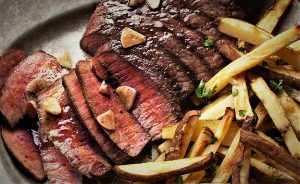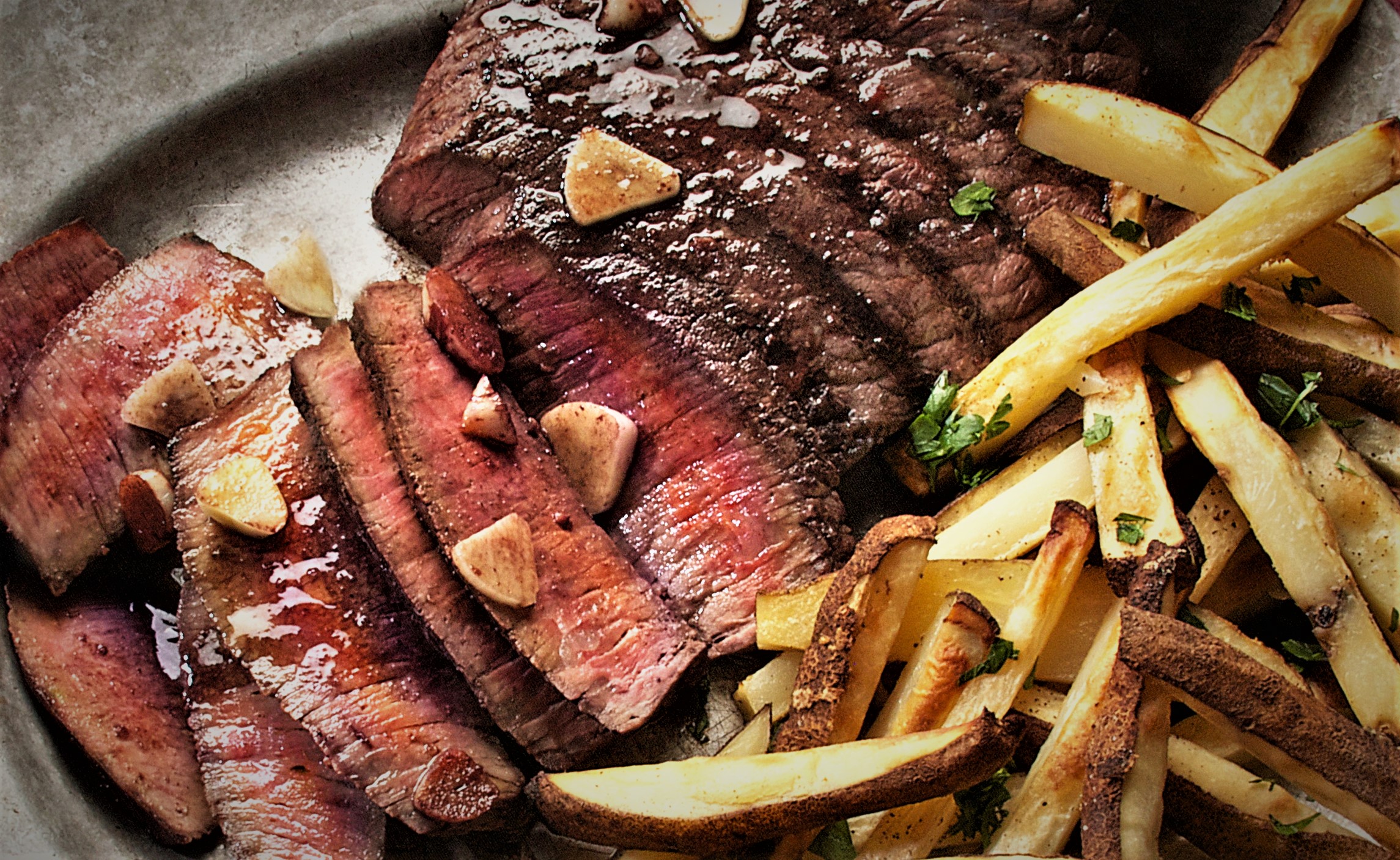
This week, we find the gentile world’s greatest prophet, Bila’am, challenged by bot his conscience, Hashem’s will and of course, a formidable foe. Balak, the King of Moav asked him to cast a curse upon the Jewish nation. He sent a delegation of servants to implore him, but Bila’am refused. His hands were tied, or more accurately, his lips were sealed. After besseching the Almighty for permission to curse the Jewis nation, “Hashem said to Balaam, ‘You shall not go with them! You shall not curse the people, for it is blessed!'” (Numbers 22:12)
Despite Bila’am’s initial refusal, Balak was determined. He sent another delegation, this time, distinguished officers, “higher ranking than the previous” (ibid v.15) “They came to Balaam and said to him, “So said Balak son of Zippor, ‘Do not refrain from going to me. for I shall honor you greatly, and everything that you say to me I shall do; so go now and curse this people for me.’ Balaam answered and said to the servants of Balak, “If Balak will give me his houseful of silver and gold, I cannot transgress the word of Hashem, my G-d, to do anything small or great:But Bila’am does not leave it at that. He really wants to be a part of the plot. That night he resubmits his request to Hashem, and this time G-d acquiesces. Hashem came to Balaam at night and said to him, “If the men came to summon you, arise and go with them, but only the thing that I shall speak to you — that shall you do” (ibid v. 20). And so, the Torah tells us, the next day, “Bila’am arose in the morning and personally saddled his she-donkey and went with the officers of Moab.” ” (ibid v. 21).
The next verse seems strange. Even though just a few p’sukim prior, Bila’am had attained permission, the Torah tells us, “Hashem’s wrath flared because he was going, and an angel of Hashem stood on the road to impede him.”
The question is straightforward. If Bila’am attained permission to accompany them, why was ” Hashem’s wrath flared”? After all if G-d said yes, what did he expect?
There is an old Jewish story about the shnorrer who goes collecting one Sunday in the prestigious community synagogue, pleading for funds. Though the prestigious synagogue had a “no solicitor” policy, the President of the congregation was somehow convinced of the beggars sincerity.
After the three morning minyanim, the man walks out of the synagogue with a smile.
A few hours later he parks himself in the town’s most elegant restaurant and orders a rib-eye steak. The President of the synagogue walks in and notices the schnorrer, cloth napkin tucked conspicuously under his chin, with a succulent steak resting on his plate nestled comfortably between a portion of fried potatoes and asparagus.
“Hands on his hips the flabbergasted president accosted the man.
“Is that what you do with the money you collected in our synagogue?”
The pauper shrugged his shoulders and shrugged. “I don’t understand. When I don’t have money I can’t eat steak. When I do have money I shouldn’t eat steak. So when, may I ask, can I eat steak?”
Billam, at first is refused permission to go with Balak’s advisors. He seems to be reluctant to even consider the offer, claiming that even if he is offered a houseful of the gold and silver he can’t go. Yet Balak perseveres, Bila’am re-requests and Hashem finally agrees, caveats attached.
But instead of Billam using his new-found permission to reluctantly trudge along, he develops a whole new attitude. He is up at the crack of dawn, he passionately saddles his own donkey, a chore normally delegated to his servants, Hashem sees that Billam is not being coerced, nor schlepped, rather, “He is going.” Then His ire flares. Hashem’s reluctant approval turned into Bila’ams enthusiastic accompaniment.
Life often presents us the opportunities, in which our ingrained convictions are challenged. Sometimes we must bend the rules. Attend a meeting, in an unfamiliar atmosphere; sharing a drink with an unsavory client; spending an evening with a haughty politician. The question is simple; once we have the opportunity to drift, do we attach ourselves to the flotsam and ride the waves with zest. Or is every step of the way met with the original emotions of reluctance and apprehension. Billam’s originally refused to go along. He told Balak he just couldn’t go. But when he received permission from Hashem, his attitude changed quickly. From a pronounced subservience to G-d’s the reluctant prophet became the enthusiastic co-conspirator saddling his own donkey and excitingly joining the evil plotters. How quickly do his loyalties adjust! When given the opportunity, it is easy for a despondent pauper to turn into an indulging guzzler. Sometimes, it doesn’t matter if our conscience is at stake, when a steak intrudes upon our conscience.
Good Shabbos!
Dedicated to a continued refuah shlaimah for Yehuda Boruch ben Sora Menucha
Copyright © 2001 by Rabbi M. Kamenetzky and Project Genesis, Inc.
If you enjoy the weekly Drasha, now you can receive the best of Drasha in book form! Purchase Parsha Parables – from the Project Genesis bookstore – Genesis Judaica – at a very special price!
The author is the Dean of the Yeshiva of South Shore.


